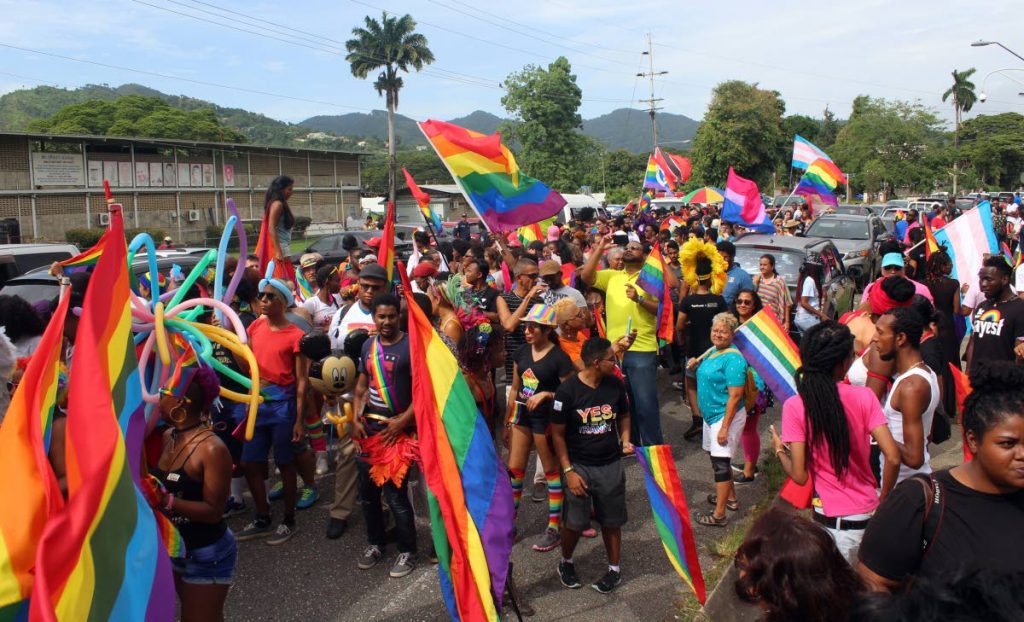Countdown to zero

MARCH began with the United Nations’ Zero Discrimination Day, a day dedicated to highlighting the need to tackle inequalities.
That need is urgent, given the impact of the covid19 pandemic, which has disproportionately affected marginal groups worldwide and lit a fire under conversations about race, class and nationality.
But is zero discrimination even possible?
“Can discrimination really be eliminated?” asked Ian Roach, a former independent senator who now serves as the chairman of the Equal Opportunity Commission (EOC), on Monday.
“The deep roots of discrimination and injustice did not sink into the soil of society overnight and it was not cultivated by any one group and so the solutions would take time.”
For Mr Roach, those solutions involve education, awareness and the promotion of compassion. Noting the commission’s mandate to tackle discrimination in the provision of employment, goods and services, education and accommodation, Mr Roach also argued for reform, calling for the commission’s mandate to be broadened and for it to be designated the National Human Rights Institute of TT.
Such a move, in the chairman’s view, would “give credence to the constitutional guarantee of equality of treatment, regardless of race, origin, colour, religion or sex.”
But the EOC need not break into such uncharted territory to make a meaningful impact. In fact, it can start by looking at itself and continuing its past efforts to lobby for reform of the legislative environment in which it operates.
While many complaints have been filed with the commission and resolved by its special tribunal, how well has it fulfilled its current mandate? For instance, many past cases relate to employment. What about the more pervasive, insidious forms of discrimination seen in the provision of goods and services? Or accommodation? Landlords evicting tenants or refusing to take them on due to prejudice?
The EOC has in the past openly called for reform of anti-discrimination laws to remove legislative bias against members of the LGBTQ community, even going so far as to submit such proposals to the State. It has also lobbied for the explicit inclusion of same-sex relationships in laws relating to protection orders. Such matters should remain on its agenda.
While some question whether we can ever eradicate bigotry, others seem to wilfully fantasise that zero discrimination has already been achieved.
“The beautiful rainbow nation which we have the capacity to forge has not been realised,” said High Court Justice Frank Seepersad on Monday, disabusing his audience of that notion. “Discrimination premised upon ethnicity, social status, religion, gender, education, geographical location or sexual orientation is very much a facet of life…Many of us pretend that it is not so.”
With all due respect to Mr Roach and his plans, seeing the problem in all its current facets might be a more modest start to a solution.


Comments
"Countdown to zero"